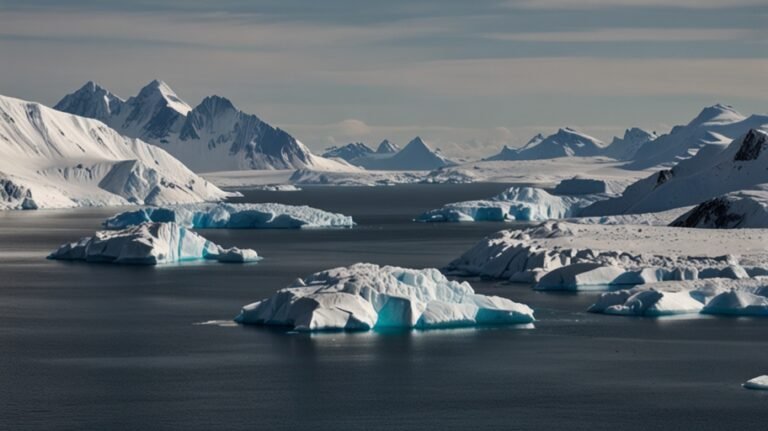Donald Trump, the former President of the United States, has once again made it known that he is interested in the purchase of Greenland, which is not new to him, causing uproar around the world. A courageous move that was critiqued by not only people from his own country but also abroad, Trump made the announcement of his indecision to buy the Danish independent territory, and for the same reason, he referred to strategic and economic interests. This proposal that paved the way for the planet’s largest land to be renamed was immediately turned down by the Denmark officials and the Greenlandic representatives.
Trump’s demand to Iceland has traced the path of the unsuccessful attempts that he made during his time in the presidential seat, but it was the middle term that he chose this time. The departure president maintains that Greenland is a great source of minerals and has a strategic location in the Arctic; therefore, it is an asset to the United States. He also stressed that the procurement would be one way of improving America’s position in the area as well as the two countries could gain finically through it. On the other hand, some consider that the implementation of the plan is overambitious and, at the same time, it disregards the rights of Greenland.
The Danish Prime Minister, Mette Frederiksen, is still a staunch opponent of the idea, and she is now repeating her past declaration that “Greenland is not for sale.” She repeatedly pointed out the independent status of the territory of Greenland within the Danish kingdom and she underlined that any decisions about the fate of this island should be taken only by the Greenlandic people themselves. She responded shortly in the same tune with many other Danish politicians that claim Trump’s claim as a challenge to their country’s territoriality.
The possibility of a military operation is the most prevalent concern of the Greenlandic government in this matter. In a statement released shortly after Trump’s announcement, it was noted that the Greenlandic government is determined to keep the status quo and maintain its relationship with Denmark. They stressed the right to self-determination and the idea of the free sale. It was also mentioned in the statement that Greenland is developing its economy and infrastructure in its own right.
Worldwide leaders have expressed almost entirely negative reactions to the idea, suggesting that the implications may spell trouble for global diplomacy and the Arctic. As for military allies in NATO, some of them have not only shown public support for Denmark but have taken the position that the case is an indicator of unity among member states. Equally, the European Union has taken sides and required respect for Greenland’s autonomy and the international order as a whole.
However, the concept of ownership/country has been the main theme of the talks. Colonial history, as well as the present-day geopolitical shift in the Arctic region, are some of the factors reignited by the controversy. The two main issues are the natural resources in Greenland and its geopolitical location, which are all due to global warming. The President has stirred up the debate about the control of the world’s last frontier, consequently. The result of this has been the discussion of Arctic governance and resource management in the days to come.
Environmental organizations think it is necessary to point out the possible environmental damage that would happen with the process of expanded development in Greenland if the deal takes off. They are of the opinion that the fragile Arctic ecosystem would be at risk of irreparable damage due to the increased mining and oil exploration activities. The other problems that come with the environmentally sensitive matter as it is are the battle between development and the harmony of the environment, that is…
The US State Department has made an effort to create a distance from Trump’s comments, underlining the fact that his words do not represent the official US policy. Current representatives of the US government, nevertheless, have reiterated their support for Greenland’s independence as well as the existence of mutually beneficial relations between Greenland, Denmark, and the United States. Nevertheless, the incident has put diplomatic relations under pressure, leading to questions about US-Danish ties’ long-term sustainability.
As the dispute continues to be a hot topic, legal experts are discussing the possibility of the territorial purchase in the present-day context. Many people believe that purchasing and selling territory in an individual capacity is an outdated idea and cannot be done in light of international law and values these days. On the other hand, some may outline the complex legal and political challenges that the control transfer of an autonomous region with its own government and indigenous population would entail.
The situation is not yet settled, and there are new developments and reactions that are out every single day. While the global society tries to come to terms with Trump’s proposal, Greenland’s fate and its bond with the world community are lying between life and death. The dispute acts as a blunt reminder of the intricate interactions that exist among national interests, sovereignty, and global geopolitics in an ever-evolving world.


